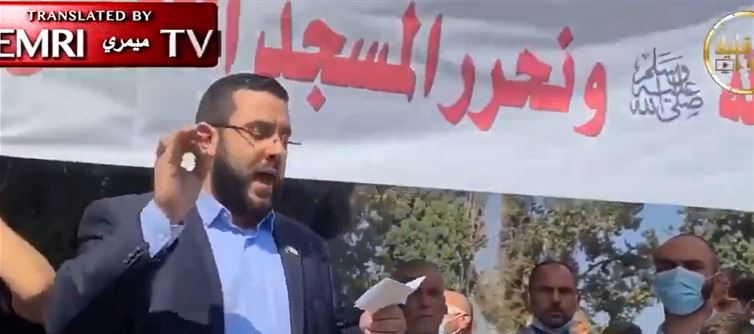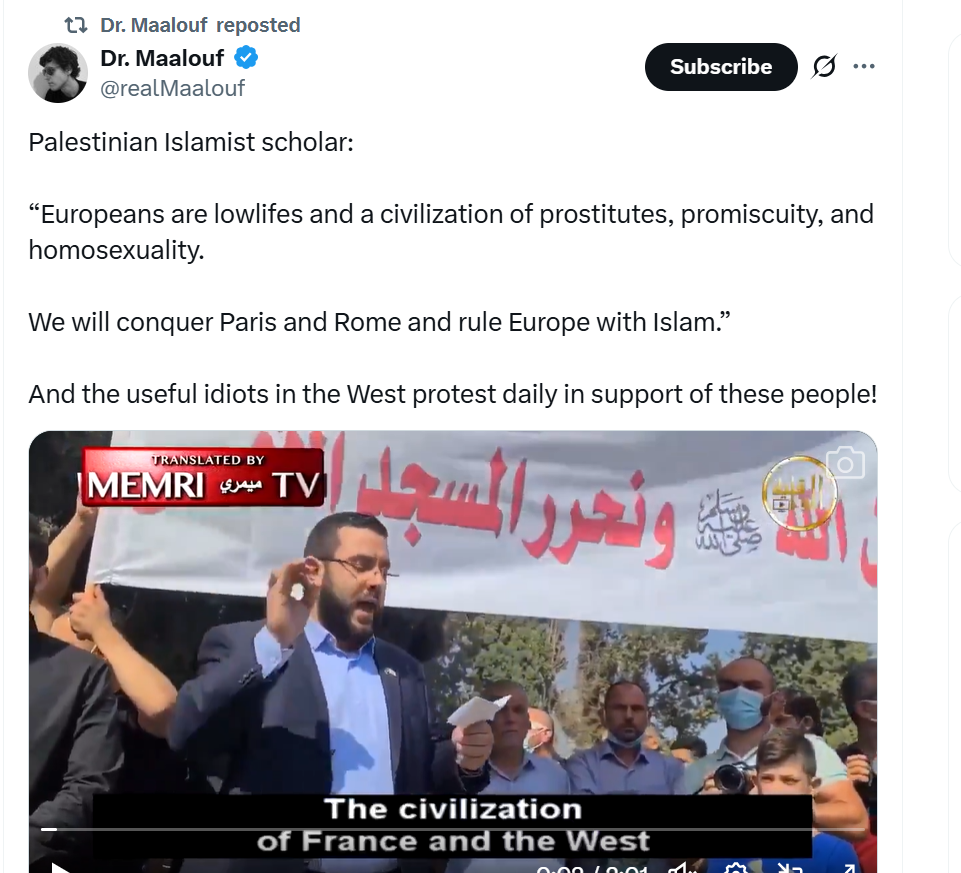
In democratic societies, freedom of speech allows for a wide range of expressions — including support for Palestinian human rights or criticism of foreign policy — but this should not be confused with endorsing violent extremism or radical ideologies. Many Westerners protesting in support of palestine are doing so out of concern for humanitarian issues, opposing civilian casualties and displacement in conflict zones. Equating all pro-Palestinian activism with support for Islamist extremism is intellectually dishonest and dangerously oversimplifies a deeply complex geopolitical issue.
 At the same time, societies need to stay vigilant against both radical Islamist rhetoric and rising Islamophobia. Extremism on any side threatens the foundations of pluralism and democracy. When figures — whether religious or political — spread hatred, they must be challenged by both the rule of law and public discourse. Maintaining this balance is key: rejecting hateful ideologies without demonizing entire communities or legitimate grievances, and upholding Western values not by silencing dissent, but by defending civil liberties and exposing extremism through truth and reason.
At the same time, societies need to stay vigilant against both radical Islamist rhetoric and rising Islamophobia. Extremism on any side threatens the foundations of pluralism and democracy. When figures — whether religious or political — spread hatred, they must be challenged by both the rule of law and public discourse. Maintaining this balance is key: rejecting hateful ideologies without demonizing entire communities or legitimate grievances, and upholding Western values not by silencing dissent, but by defending civil liberties and exposing extremism through truth and reason.




 click and follow Indiaherald WhatsApp channel
click and follow Indiaherald WhatsApp channel